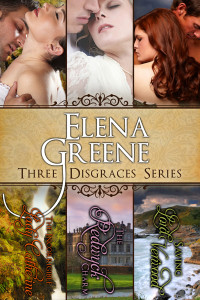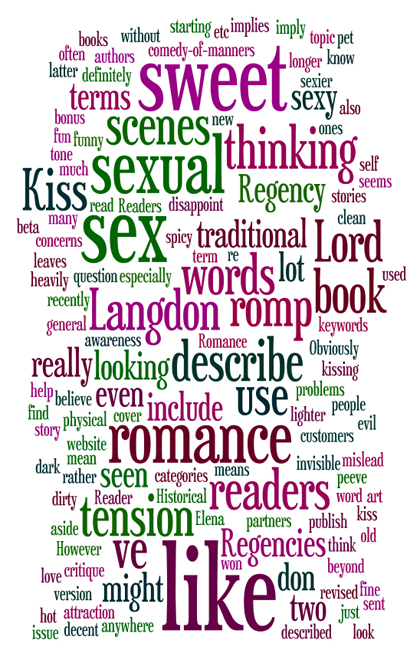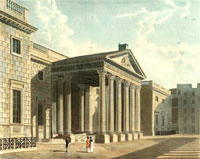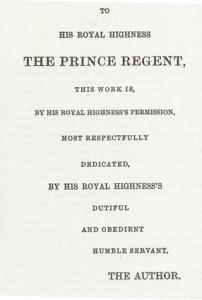Susanna here, and so swamped under my current writing deadline for my 2015 historical romance, My Lady Defiant, that I don’t have time for any deep thoughts on the state of the romance genre or erudite discussion of my latest research discoveries. So instead I thought I’d share with you some of the inspiration that’s helping me see and hear my hero…
Everyone, say hello to Tom Hiddleston.
I could listen to him recite Shakespeare while selling cars all day:
And if that’s not enough for you, here he’s being Shakespearean on a horse:
And here he is teaching Cookie Monster about delayed gratification:
Frankly, this is the most I’ve ever focused on the actor I’d want to cast in the film adaptation of my book. I usually come up with an actor, an athlete or two who has the look I have in mind–I’m not that visual a thinker, so having an actual person to model a character upon helps me describe him or her better. Plus, when I’m filling out my cover art information sheet, I always like to include an image or two. If I describe Henry, my current hero, an elegantly handsome, leanly athletic, archetypically English blue-eyed dark blond, also linking to a nice Tom Hiddleston image shows my cover artist what all those adjectives and adverbs mean to me.
Yet this is the first time I’ve made a habit of watching an actor’s videos to help get me in the mood to write. Part of that is because the man in question is pretty yummy. Also, he has the right accent for the job, which couldn’t be said of Nathan Fillion (Will in The Sergeant’s Lady looks a lot like Firefly-era Fillion) or Cam Newton (my model for Elijah in A Dream Defiant’s brand of tall, dark, and athletic).
But I recently realized the main reason watching videos has helped me write Henry is that more than any other hero I’ve written, he spends his life playing a part. He was born with fairly severe dyslexia into a high-achieving, academically gifted family. So his life up until his book starts has been defined by his shame over what he considers his failure and stupidity, and he’s made an art form of avoiding any situation in which he might reasonably be expected to read aloud, write, or keep accounts. And then over the course of the book, he has to improvise even more than normal as he and the heroine spend most of the story running for their lives, pretending to be various people they aren’t to throw their pursuers off the scent. So imagining how a good actor might play my character helps me visualize how he plays himself, since he so rarely lets anyone see his whole truth.
What about you? Do you ever visualize actors or actresses playing the characters when you write or read?

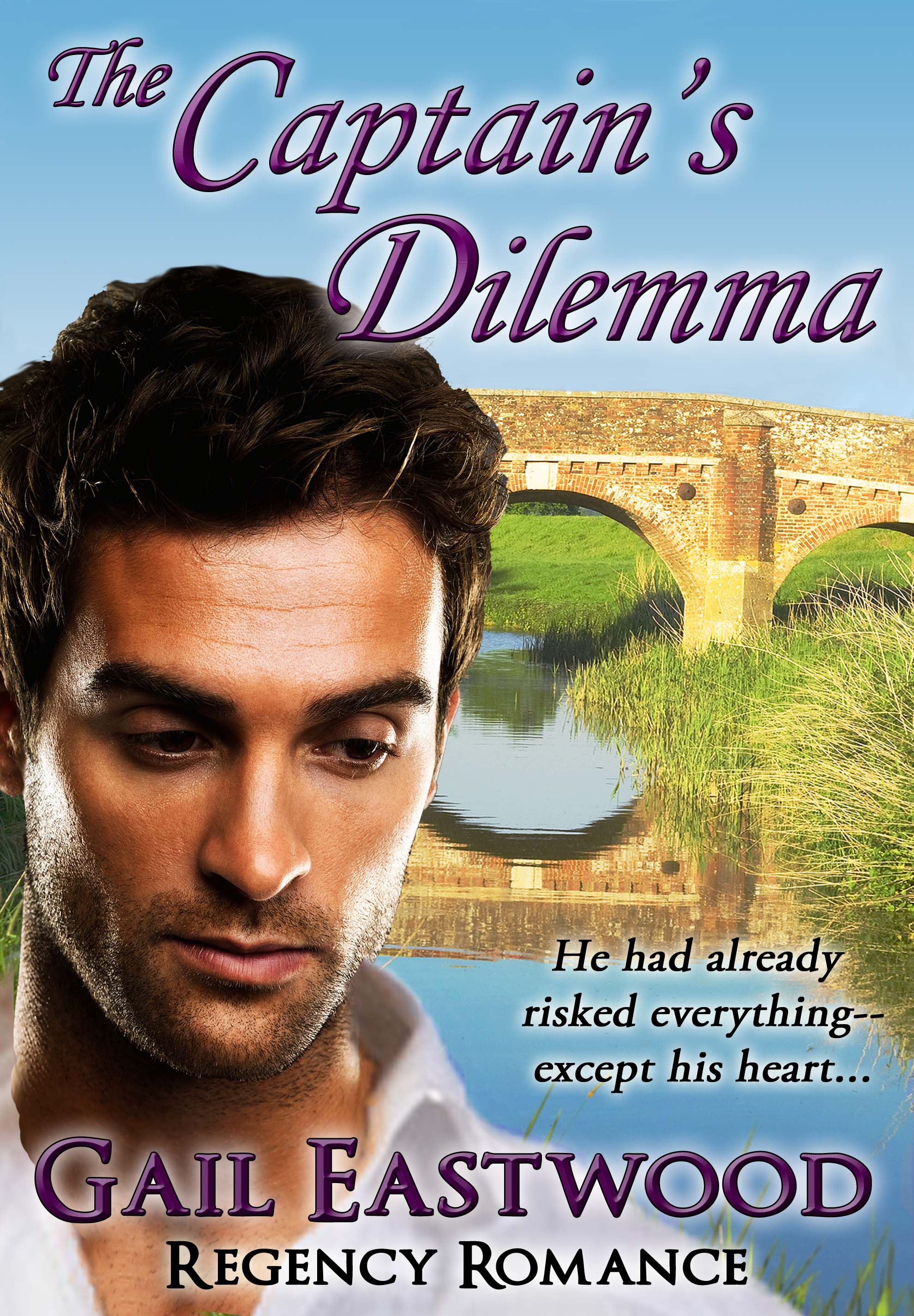
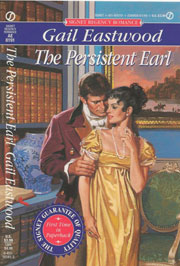 I used to call the lovely but inaccurate Allan Kass cover for my second book, The Persistent Earl, a “visual epilogue”, explaining that it showed the artist’s vision of the hero and heroine together after the story was over. (The heroine, a young widow, wears half-mourning throughout the book, but as you see here, on the cover she is in a beautiful gold satin gown.) Readers always thought that made perfect sense! Can you imagine the rest of this scene without having the words? I consider reading a collaborative process, and even though as an author I give the reader the specifics of my story, each reader brings some of her own imagination into the mix as she reads. I think that’s one of the great pleasures of reading, and one of the (many) reasons movie adaptations of our favorite books don’t always succeed –one director’s view of the story may not match up well with the personal version we have envisioned in our own heads. Ah, but that’s another entire topic.
I used to call the lovely but inaccurate Allan Kass cover for my second book, The Persistent Earl, a “visual epilogue”, explaining that it showed the artist’s vision of the hero and heroine together after the story was over. (The heroine, a young widow, wears half-mourning throughout the book, but as you see here, on the cover she is in a beautiful gold satin gown.) Readers always thought that made perfect sense! Can you imagine the rest of this scene without having the words? I consider reading a collaborative process, and even though as an author I give the reader the specifics of my story, each reader brings some of her own imagination into the mix as she reads. I think that’s one of the great pleasures of reading, and one of the (many) reasons movie adaptations of our favorite books don’t always succeed –one director’s view of the story may not match up well with the personal version we have envisioned in our own heads. Ah, but that’s another entire topic.